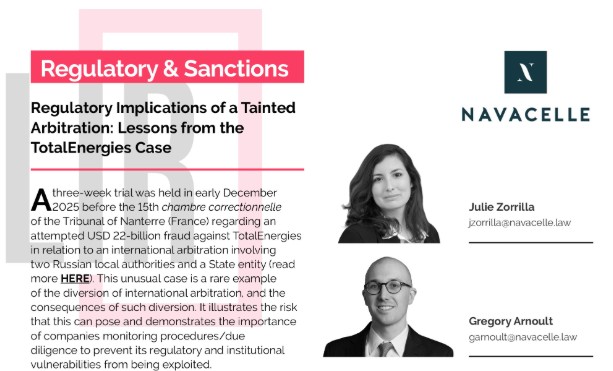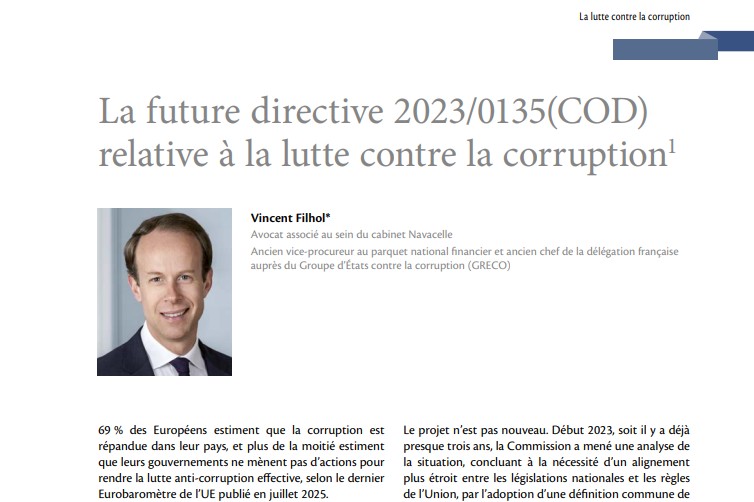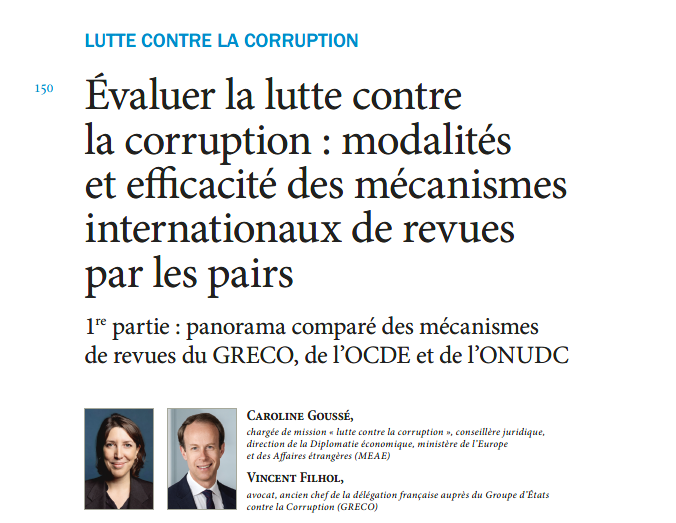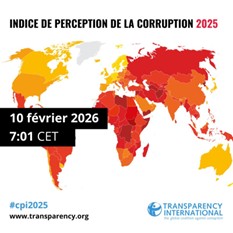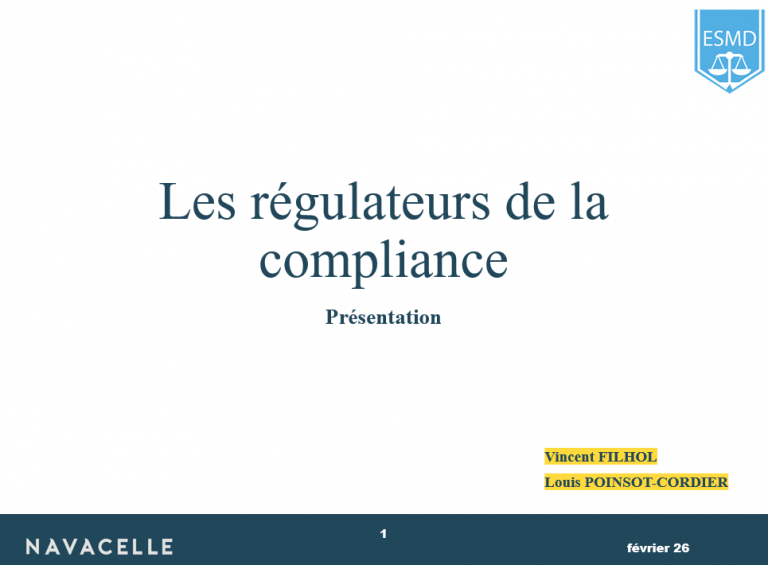Introduction
In line with the growing momentum across Europe aiming at establishing human rights and environmental due diligence duties and holding companies accountable for their operations and their impacts, Members of the European Parliament (MEPs) have adopted, on 10 March 2021 in plenary session, the legislative initiative report with recommendations for a directive on corporate human rights due diligence [1].
In that regard, MEPs have called for the adoption of a directive that ensures due diligence for companies on their activities’ potential or actual impacts on human rights, the environment and good governance as well as access to legal remedies for victims [2].
The MEPs’ recommendations follow the European Commissioner for Justice Didier Reynders’ announcement to introduce a due diligence directive in April 2020 [3]. Although this resolution is not binding, it will undoubtedly reinforce, at a transnational level, already existing national initiatives such as the UK’s Modern Slavery Act in 2015, France’s Corporate Duty of Vigilance Law and the Netherlands’ Child Labour Due Diligence Law in 2017.
Although the resolution has been proposed and the legislation process is still at an early stage, four main takeaways can be summarised from the MEPs’ proposal for a directive on corporate due diligence.
All companies would be required to adopt a due diligence strategy
The MEPs’ proposal suggests that any future legislation on corporate due diligence should be applicable to all companies established within a European Union Member State, irrespective of their size [4]. MEPs have even suggested that it should apply to entities that are not established in the territory of the EU but that operate on the European market by selling goods or providing services[5]. Publicly listed small- to medium-sized enterprises (SMEs) and high-risk SMEs would also be subject to due diligence [6], with technical and financial support to comply with their requirements [7].
In that regard, it should be noted that the considered scope of application of the directive is extensive. As a mean of comparison, the French Duty of Vigilance Law, which was enacted in 2017 and which shares the same aims as the proposed directive, applies only to major companies (5,000 employees in France, or 10,000 employees worldwide) [8] and it has been estimated that only 265 companies currently fall under the French Duty of Vigilance Law’s scope [9].
Companies would have to adopt a due diligence strategy and risk-map their activities’ potential or actual impacts on human rights, the environment or good governance
Under the MEPs’ proposal, companies would be required to identify, assess, prevent, cease, mitigate, monitor, potential and/or actual adverse impacts on human rights, the environment and good governance in their activities and value chain [10]. This duty of due diligence would not only relate to the impact of their activities but also to those directly linked to their operations.
Build up as a preventive instrument [11] – the proposal suggests requiring companies to establish a continuous monitoring of their activities using a risk-based methodology. A company would have to take proportionate measures considering the likelihood, severity, urgency and nature of its activities’ potential or actual impacts on human rights and the environment.
The context of its business operations, including geographic, sector or size and whether their operations and business relationships would cause or contribute to an adverse impact, would also be relevant factors considered [12].
Companies would have to publish and communicate on their due diligence strategy [13] which would be evaluated and reviewed on a yearly basis [14].
Companies’ due diligence obligation would be supervised by national authorities with powers to impose administrative sanctions to failing companies
MEPs suggest that Member States designate one or more national competent authorities responsible for the supervision of the application of this directive with necessary personal, technical and financial resources to carry out their duties effectively [15]. Investigative powers would be granted to the national competent authorities [16].
Companies would also be subject to proportionate fines in case of infringements of their due diligence obligation, calculated on their turnover [17]. Companies could even be temporarily or indefinitely excluded from public procurement, state aid or public support schemes in case of violation in order to deter any violation [18].
In that regard, it could be argued that such a directive would overcome difficulties of enforcement that had been identified by some legal commentators regarding the French law on Duty of Vigilance. In France, the supervision and enforcement of the French Law on Duty of Vigilance is de facto left to proactive non-governmental organisations (NGOs) [19] which, in some cases, have started to sue some companies before French Courts for violation of the French law on the Duty of Vigilance and are confronted with uncertainties regarding issues of jurisdiction between commercial and judicial courts.
Companies would have to compensate their contribution to potential/actual harm to human rights or environmental abuses
In their resolution, the MEPs suggest holding companies liable, by acts or omissions, for causing or contributing to harm to human rights, the environment or good governance [20].
They suggest shifting the burden of proof from a victim to a company [21]. The company would have to prove that it respected its duty of care to avoid the harm and did not have control over a business entity involved in human rights or environmental abuse [22].
MEPs have asked for such provisions of the directive to be overriding mandatory provisions in the meaning of the Rome II Regulation (ie, applicable by courts of EU Member States irrespective of conflict of laws questions) [23].
Member States would also be responsible for the determination of effective, proportionate and dissuasive penalties for non-compliance by companies with environmental due diligence obligations.
Conclusion
The road towards a binding directive on a corporate duty of vigilance remains long and whether such a piece of legislation will be as extensive in its scope of application as the MEPs have advocated for remains to be seen. It is now up to the European Commission to deliver on the matter of corporate due diligence. Nonetheless, the drafting and implementation of a binding directive on Members States is becoming a possibility which would effectively take environmental and human rights compliance to a new globalised level.
